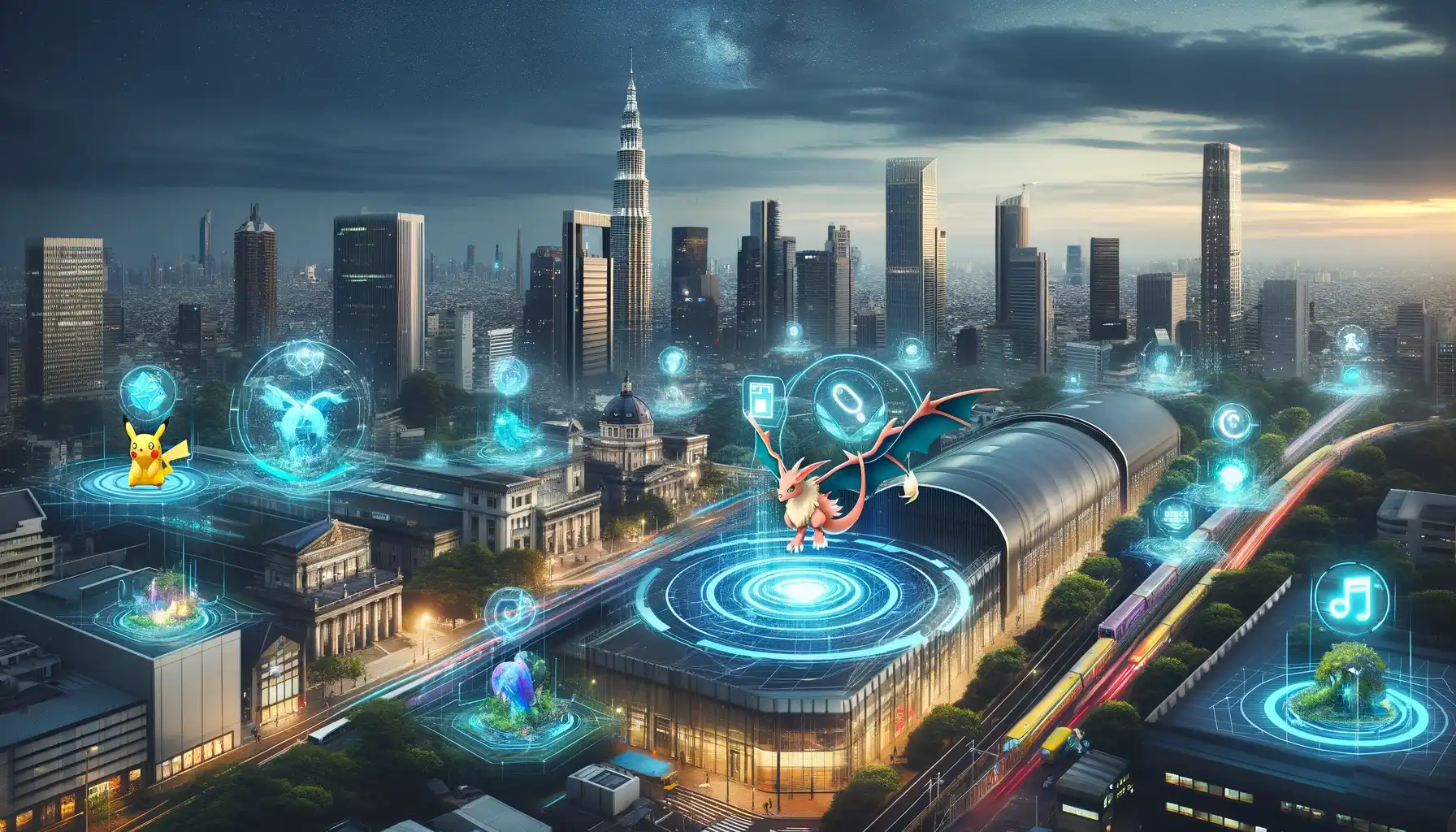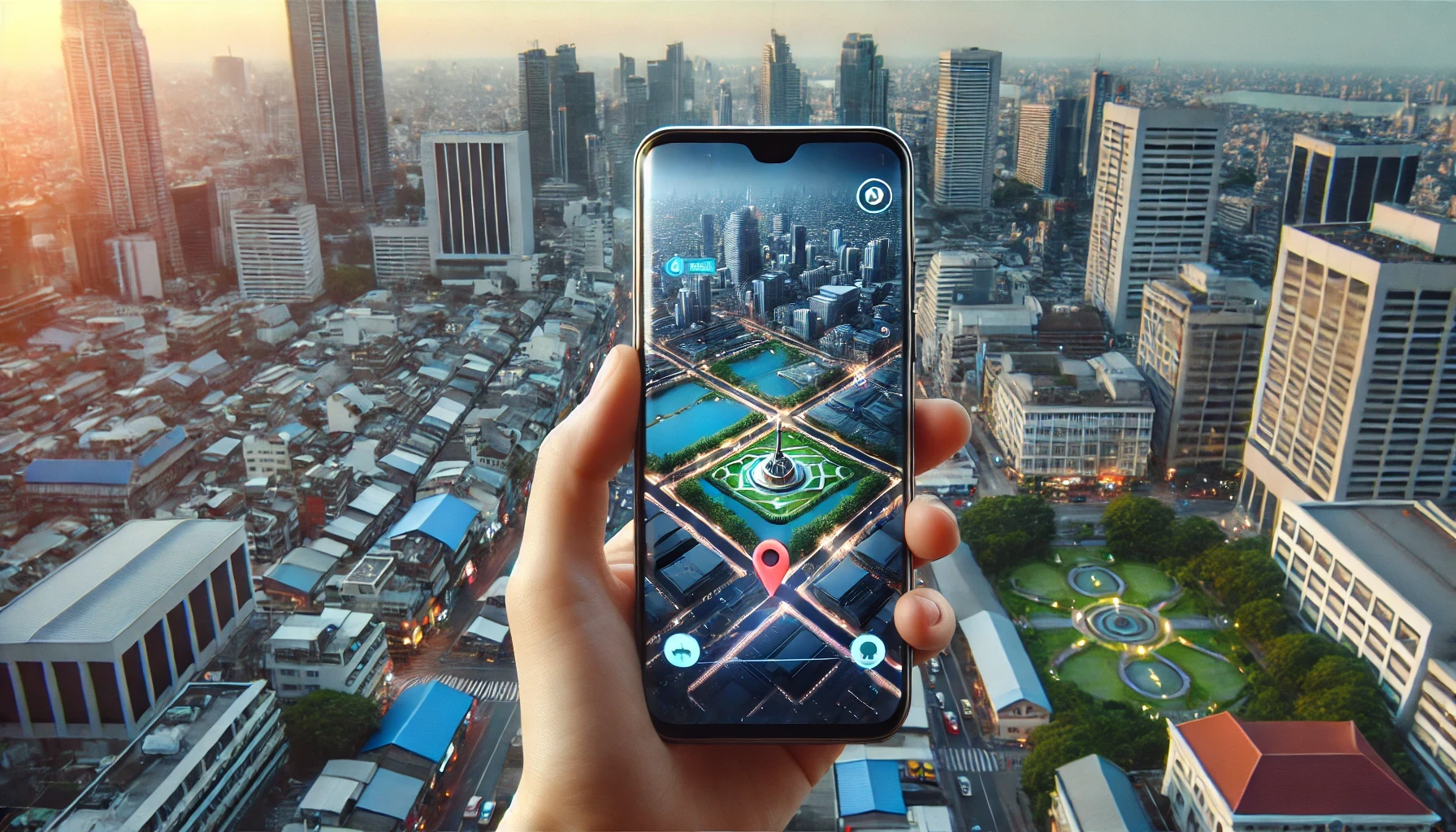Gaming Detox: How to Properly Take a Break from Digital World
Video games allow people to escape into exciting worlds, strategic battles, and creative adventures. However, long hours spent in front of a screen can tax both the mind and body. Just as collectors carefully check value of coins before investing money, we need to evaluate how much time we spend playing games and whether it's beneficial in the long run. After all, some may not even realize they are experiencing burnout until they take a step back and estimate their habits.
A gaming detox doesn't mean giving up gaming forever - it means taking a structured break to regain mental clarity, improve concentration, and bring balance back into your daily life. So today we offer to discuss why breaks are necessary, practical ways to properly detox from gaming, and how to keep engaging in activities that stimulate your mind without the side effects of excessive screen time.
Why There Is a Need for Detox
For many players, gaming is more than just a pastime - it's a way to relax, socialize with others, and challenge yourself. But when gaming starts taking a toll on your body, mind, and social life, it may be time to take a step back. Like an overworked machine, your brain and body need rest periods to perform at their best. Gaming detox is not about giving up your favorite activity, but about finding a balance to enjoy gaming while maintaining your well-being.
The Physical Toll: When Your Body Needs a Break
Think about how long you spend staring at the screen during an intense gaming session. Your eyes burn, your head starts throbbing, and your shoulders tense up from hunching forward. You might not even notice these discomforts while you're deep into a game, but they build up over time.
Excessive screen time reduces blinking, leading to dry eyes and blurry vision. Extended exposure to blue light strains the optic nerves, making it harder to focus. And if you’ve ever logged off after a long session with a pounding headache, that’s a clear sign your body is asking for a break.
Did you know that over 60% of people experience digital eye strain due to prolonged screen use, according to the American Academy of Ophthalmology.
Posture suffers too. Hours spent slouching in front of a screen puts strain on your neck and back, and poor circulation due to prolonged sitting can lead to long-term health problems.
Quick fix: Use the 20-20-20 rule—every 20 minutes, look at something 20 feet away for 20 seconds to ease eye strain. And make it a habit to stand up and stretch at least once an hour.
The Mental Load: When Your Brain Feels Overworked
Gaming demands intense focus, quick decision-making, and constant attention to fast-moving visuals. While this kind of mental engagement can be great for reflexes and strategic thinking, too much of it can lead to mental fatigue.
After a long gaming session, do you ever find it harder to focus on other tasks? Do you struggle to remember things or feel like your mind is clouded? That is because prolonged gaming overloads your brain, making it harder to retain information and stay sharp in other areas of life.
According to some data, excessive gaming can negatively affect short-term memory and makes it harder to retain information throughout the day. The solution to the issue is simple: just give your brain time to reset between gaming sessions. A short break allows your mind to recharge, improving focus and overall cognitive performance.

The Emotional Strain: When Gaming Becomes a Stressor Instead of an Escape
While gaming can be a stress-reliever, overindulgence can sometimes lead to increased anxiety, irritability, and reduced social engagement. Some players become overly emotionally invested in their progress, leading to frustration when they lose or fail a level.
Signs that gaming is affecting your emotional well-being:
Mood swings related to in-game successes or failures.
Increased stress or frustration when unable to play.
Withdrawal from social interactions in favor of gaming.
Relationships can also suffer when gaming takes priority over real-life interactions. If you find yourself turning down invitations or spending less time with family and friends to stay in the game, it may be time to re-evaluate your balance.
Tip: If gaming ever feels more like an obligation than a source of joy, that’s a signal to step back and detox.
How to Properly Detox from Video Games
Now it is time to talk about how to do it effectively. A gaming detox isn’t about quitting cold turkey - it’s about creating a healthier balance that allows you to enjoy games without negative side effects. Below you may see some practical steps to ensure your gaming detox is both manageable and beneficial.
Set Time Limits for Gaming
It's easy to fall into the habit of playing for hours on end without a break, but being intentional about your screen time will help you regain control. Start by setting daily limits, whether it's one or two hours of gaming a day or setting aside specific days to give up gaming altogether. If “going cold turkey” seems like an impossible task for you, do it gradually. Cutting back 30 minutes at a time can make the transition smoother and more sustainable.
And this is where using screen time tracking apps can be your deciding factor. Due to these apps you may not only limit your play time, but also receive insight into your gaming habits (understanding when and how you tend to overplay). Some gamers find that simply being aware of the total number of hours spent playing a game helps them be more mindful of when they quit.
One of the best ways to increase new habits is to turn your game for an alternative activity that is just as enjoyable. This doesn't mean replacing one screen with another, but rather doing something that actively stimulates your body or mind.
Take Walks and Spend Time Outdoors
Sitting in one place for too long not only affects posture and blood circulation but also reduces exposure to natural light, which is crucial for mood regulation and overall health.
Stepping outside for even 20–30 minutes a day can have a dramatic impact on your mood, energy levels, and mental clarity. A quick walk, a run through the park, or even just sitting on a bench and enjoying fresh air can work wonders.
If a simple walk sounds boring, so make it more engaging. You may turn it into an experience with the help of an audiobook, a podcast, or music that matches your mood. Or challenge yourself: count how many unique things you notice around you (from interesting architecture to hidden street art). The goal isn’t just to move, it is about re-engage with the real world in a way that feels fun.
Interesting fact: According to Harvard Medical School, spending time in green spaces helps reduce mental fatigue and can improve concentration by up to 20%.

Engage in a Creative Hobby
One of the most rewarding ways to detox from gaming is due to engaging in creative activities that give you a sense of progress and achievement. Video games are built around leveling up, unlocking achievements, and mastering new skills, so implement the same principles to real-world hobbies.
Examples of engaging hobbies:
Drawing or painting – unleash creativity without screens.
Playing music – learn an instrument for a new skill.
Coin collecting – a fascinating, hands-on hobby where you can check the value of coins and uncover concealed riches.
For example, if you enjoy strategy and collecting rare in-game items, why not try something hands-on like coin collecting? This way you can enjoy searching for riches, learning about history, and even checking the value of coins to see if you've found something valuable.
Cool fact: many collectors use apps like Coin ID Scanner to identify and grade coins. It's a fun and educational way to take a break from gaming, while turning every find into an exciting moment (much like discovering a rare item in a game).
New Game: Life without Pause
Games teach us to overcome obstacles, find new strategies and not give up after failures. So why not apply these principles to real life? Video game detox is not about denial, but about making a conscious choice to get your life pumping. After all, there are quests worth going on, achievements to be proud of, and rewards that are more important than any in-game bonuses.




